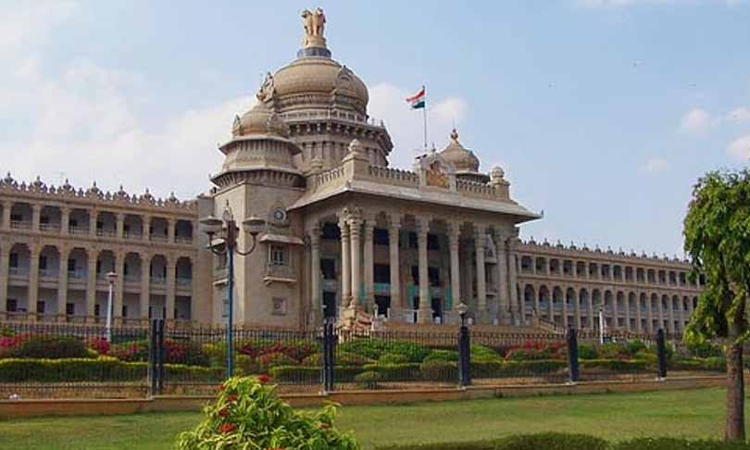Defection Or Resignation? Key Issues In Karnataka MLAs Disqualification Case
Mehal Jain
12 Nov 2019 3:51 PM IST

Next Story
12 Nov 2019 3:51 PM IST
The judgment to be delivered by the Supreme Court on Wednesday, against the backdrop of the political crisis in Karnataka, is likely to set the tone for the resignation-disqualification conundrum that threatens to derail the Tenth Schedule- whether the chosen representatives of the people can resign their membership of the House, defy the whip of the party (on whose ticket they were elected),...
